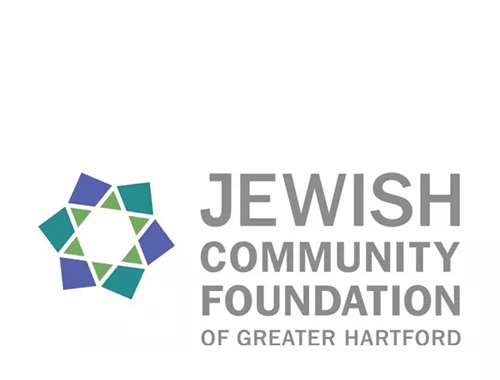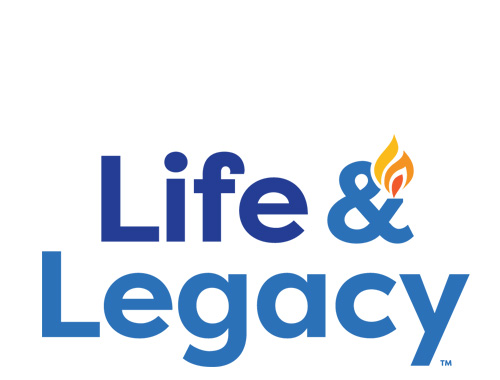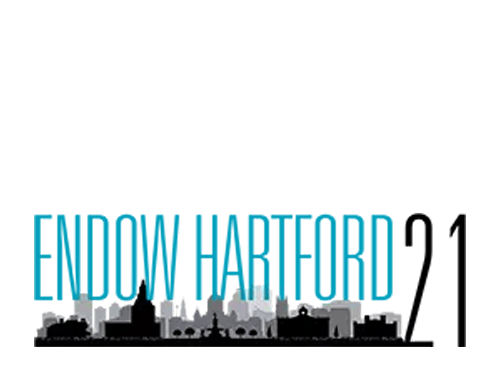Schechter Shavua: December 20, 2021
An Exciting Return of Theater to Schechter
The Schechter auditorium was filled with laughter and applause for the first time in nearly two years, when the Drama Club put on Ferdinand, a play based on Munro Leaf’s classic children's book. This fall, students practiced lines, remembered entrances, and worked with their peers to make the play come to life. The stage lights shone and the students' energy was buzzing as the actors transported the audience to the pastures and streets of Spain. Although most bulls butted their heads and skipped and jumped, Ferdinand just wanted to smell the flowers. The play was filled with laughs, lovely ladies, and a whole parade of picadores, banderilleros, and a matador! For more photos click HERE.
The Drama Club students had a blast and are already excited about the spring production of The Purim Play. If your child would like to join the fun, please contact Karen Shakun to sign up.
Havdalah Program Lights up K/1 Families
The K/1 students of Parparim/Tsiporim have been learning the ins and outs of havdalah all semester. Each Monday, Rabbi Berger comes to lead the students in prayer. Over the past few months, as the children have been learning the meanings of each prayer, they have illustrated a havdalah book to be used as part of the ritual. Last Saturday night, the children and their caregivers put their learning into action with a special program, starting with a Havdalah service. Next, each family created beautiful havdalah sets that can be used for years to come. Parents were thrilled to share this experience with their children. One noted, "it was so meaningful to see my child and her class share the hard work they've put into learning about Havdalah. The work you are doing so deeply enriches and reinforces what we do at home."
Click HERE to see photos of the Havdalah Family Program.
Pollution: A Lesson in Tikkun Olam and Science
The K/1 classes are learning how plants, animals and people change the Earth and its environment. Recently, they have been understanding the ways in which humans change the Earth through pollution, facilitated by a hands-on investigation of how humans pollute the oceans. Student groups started with clean tubs of “ocean water,” in which the ocean life was thriving; they slowly added pollutants like oil, plastic bags, trash, and coffee grounds that made the dirt and oil more visible. After polluting the ocean, students were tasked with trying to clean that water back to its original clean and clear appearance. They used sponges, coffee filters, dish soap, small scrubbing brushes, and any other tool they could think of to try and clean the water completely. This proved difficult for them; students realized that the pollution of the ocean’s environment caused by humans is very difficult to erase.
Check out photos HERE of this meaningful science experiment and tikkun olam lesson.
Solomon Schechter Day School
of Greater Hartford
26 Buena Vista Road
West Hartford, CT 06107
© Solomon Schechter Day School of Greater Hartford | Site design Knowles Kreative




